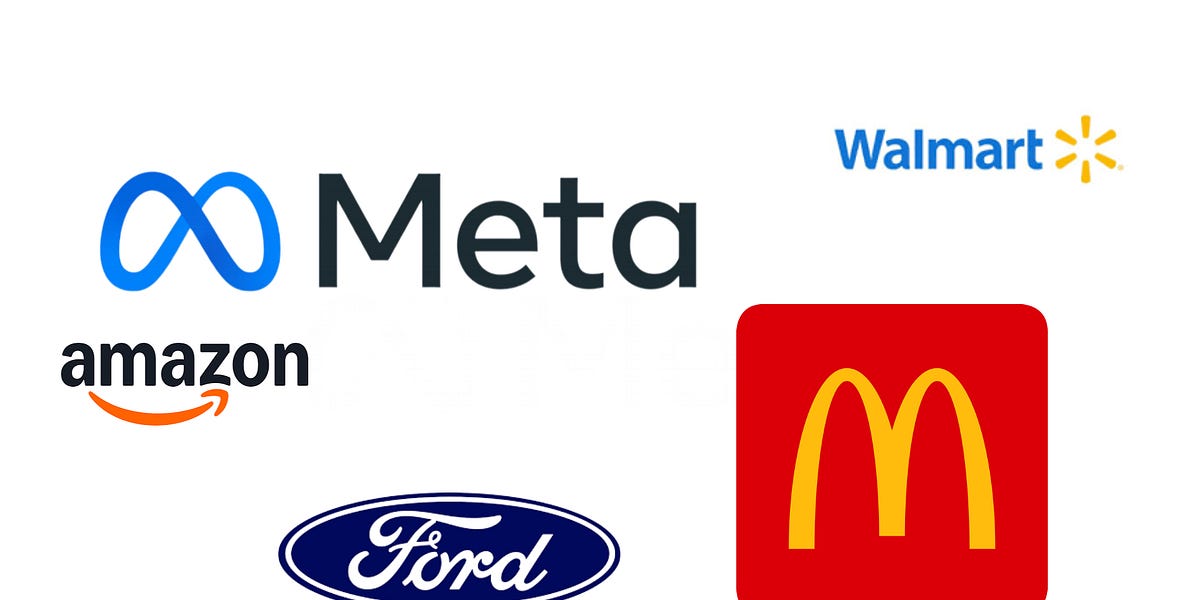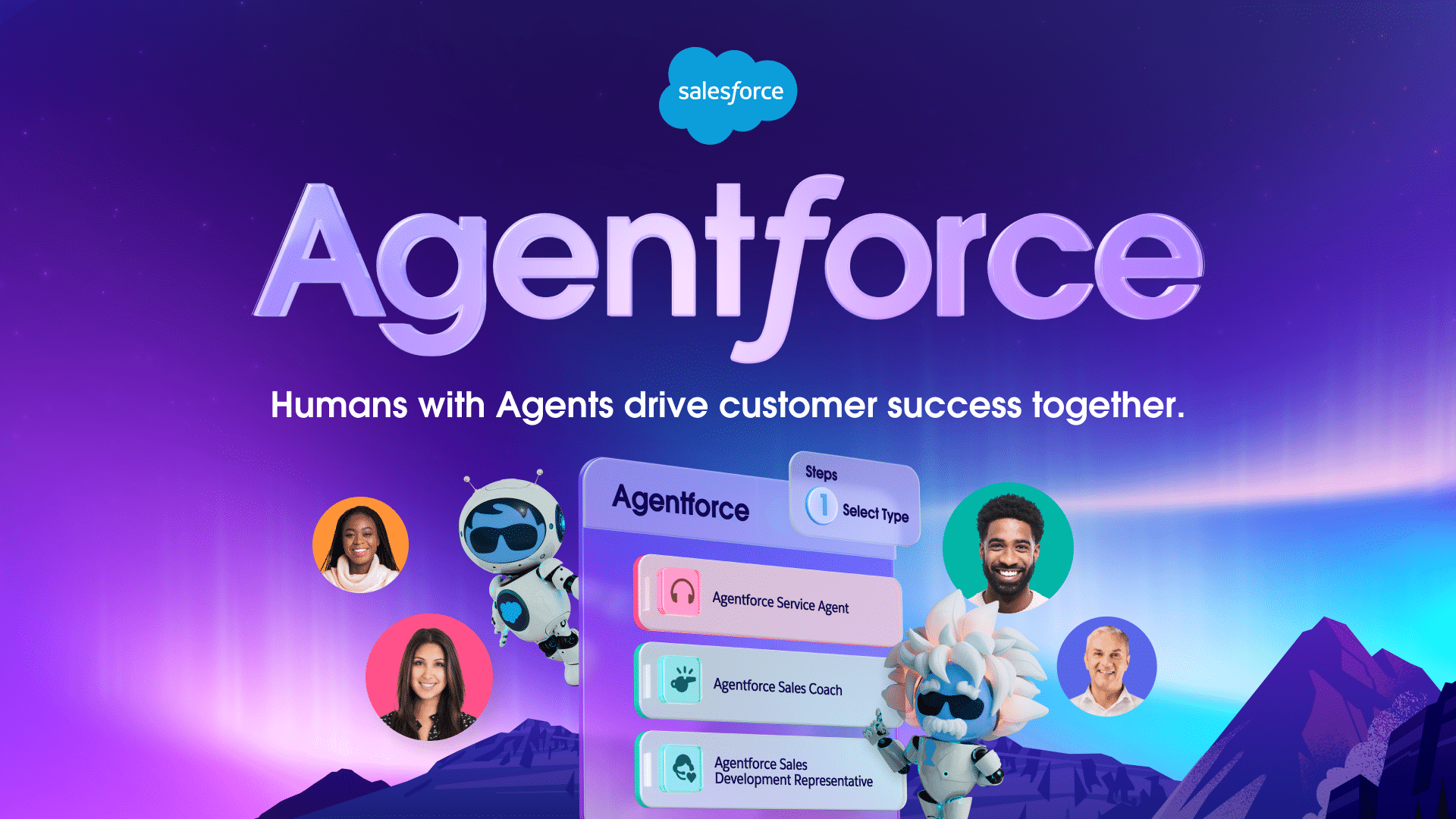We are days away from closing the books on 2024 (thank goodness). How did your year go?
I can’t believe how fast this year has gone. Yet, at times, it seemed to crawl. We’ve been confronted by one head-turning moment after another: the economy, the election, and people buying Tesla Cybertrucks. That’s not even including the changes that continue to transform marketing.
But as we begin to compose our witty out-of-office replies, I want to take a moment to look back at where we have come this year and what to anticipate for 2025.
I don’t do predictions or trend-spotting. Predictions have become worthless given the pace of the 24-hour news cycle, technology, consumer adoption, and market fluctuations in marketing technology. Trend-watching is too often motivated by self-interest.
What’s more important is identifying what we must attend to in 2025. These aren’t trends. Instead, these are areas where we might need to rethink, reprioritize, budget or re-budget.
I’ll answer that in two ways: What I learned in 2024 and what I’m watching for in 2025.
3 lessons from 2024
Plan a fallback business plan if things fall apart
My company had a great 2023. Then 2024 turned into a rerun of 2020, the year we had to trash our playbooks thanks to an unexpected turn of events. This time, it was an unanticipated slowdown in client and customer spending.
My team could have rushed into fear-driven tactical changes. Instead, we took a step back and worked together to retool our strategy to accommodate the changed landscape.
This is where the “strategy before tactics” mindset pays off. It gives you muscle memory, a starting point to start over. You’re less likely to make mistakes or run your company off-course.
Having a trustworthy team helps. I turned to my executive team, friends, and other leaders in the email space and beyond for confirmation, affirmation, and different points of view.
If you’re the team or company leader, you don’t have to have all the answers. Resist the urge to find the path forward. Instead, reach out to your community. Ask, “How can we partner together to find a solution?”
Unwilling as I am to predict 2025 trends, I will say we should expect instability in the U.S. and other countries (more on that later). It’s more important than ever to have a fallback plan if things go south. Work with your team before it happens to keep the tactical zombies away.
Dig deeper: 3 recession-defeating marketing strategies
Move fast without breaking things
Besides the slowdown in email investment, I noticed a definite uptick in the number of companies sending image-only emails to my professional and personal inboxes.
I’ve already ranted about these emails and why they insult your recipients and devalue your email program. Relying on image-only emails points to a larger problem.
We, as email marketers, have to move fast to keep up with changes in the economy, technology, and expectations of our companies and customers. But we’re not necessarily moving smarter. We’re cutting corners, and sending image-only emails without text is one of those corners.
Besides sending more image-only emails, marketers also suffered from a lack of focus. I hope these trends are a momentary glitch and not a fallback marketers are using to solve deeper problems.
One of my regular talking points is that executives must start investing more in email marketing to see the major gains that email can deliver. I hope we see that happening in 2025.
Oh, sorry. I’m getting into 2025, and we’re not ready for that yet. Stand by for greatness.
Is everybody happy?
As someone who regularly works with clients on technology migrations, I noticed this year that marketers are not moving to new platforms. Now, that shouldn’t be a surprise given the flat spending we saw elsewhere in the marketing industry. But I am surprised that people appear content with their marketing technology, no matter its condition. Here’s why.
The tech market is divided into roughly three parts:
- One-third are comfortable with their current tech.
- Another third is in some stage of migrating, from assessing needs and writing RFPs to assessing vendors and starting the migrating process.
- The final third is either migrating or settling into their new platforms.
We didn’t see that movement this year. This is surprising because most organizations investing in technology are always looking for new platforms to help them engage customers or operate more efficiently. Change for the sake of change isn’t productive, but it’s part of the plan for corporate transformation.
Are people really happy with their tech? Or did they just press “pause” on their technology hunt until 2025?
Speaking of which, let’s look ahead.
Dig deeper: Why 2025 is the year for martech optimization, not expansion
3 areas to pay attention to in 2025
Ask the questions
As I noted above, 2024 was a hold-back year. We are past the things that likely got in the way of spending, whether it was interest rates, economic concerns, the U.S. election, or consumer spending.
This doesn’t mean we won’t have new issues cropping up. I’ll discuss those shortly. But 2025 will be an investment year. People will spend their budget not just on platforms but also on strategy and execution in their quest to knock their goals out of the park. If that sounds like you, start thinking now about where you would like to invest.
Companies typically don’t sit still for long because their competitors will pass them up. Additionally, CMOs don’t last long in their jobs — four years for B2C, four-and-a-half years for B2B. You’ve always got fresh ideas and new approaches coming in from outside, and that breeds change.
“It costs nothing to ask,” my dad always said. That has been one of my mantras throughout my career. Always ask the question. Email technology can do so many things now that it’s almost criminal not to look at what would change or integrate a new strategy, tactic, or partner.
Always ask the questions.
Prepare for more AI transformation
Even though we’re still in the beginning stages, AI has already evolved quickly thanks largely to major ESPs that have readily adopted agents that can bridge the gap between data and personas and cohorts and relevant messaging. This will help AI grow into its own place in 2025 and beyond.
We’ll see even greater acceleration from ESPs and adjunct technology. The technology is smarter, partly because marketers are asking it to do things that make their lives easier, faster, and better.
Email platforms are rapidly evolving from their basic role as just pipes to send messages in mass quantities. If you’re limping to the starting line on AI, you’re in danger of falling behind.
Sure, you can create segments, but they will be rudimentary. Sure, you can report, but your reporting will be rudimentary, too. With today’s higher expectations, that won’t work anymore.
The marketers I talk to want to use data science that returns results in a heartbeat, not in a six-month project that requires an entire data team. Agents can get that information proactively and present it to you as actionable segments. That’s revolutionary messaging.
Dig deeper: AI transformation: How to prepare your marketing team
Watch for instability
Marketers hate instability. The last five years, and especially 2024, have been nothing but gyrations from one surprising development, for good or ill, to another. It’s not surprising that marketers pulled back on spending in 2024.
I expect the outlook will remain in flux in 2025. We still need to be ready to pivot on a dime when something unexpected happens and to watch the news every night to see what could affect our businesses, consumers, and brands.
More than ever, we need to be smart about email. But we must also be brilliant about reading the room — your company’s target market.
Staying connected in 2025 will be key to any marketer’s success. Think ahead and list the things that affect your business. Plan what you could do to counter each of them. Tie this in with the rest of your organization. Claim your seat at the table. Join the conversations instead of just being the email person. Become an active participant.
Instability won’t go away. We just have to get better at dealing with it. Is your technology up to the challenge? If you held back from investigating new platforms, now is a good time to see what’s out there. Remember, it costs nothing to ask.
Wrapping up
As the New Year arrives, I don’t make resolutions. I just comment, usually sarcastically, about what I want to commit to for the year, like personal and business goals. But in 2025, I will commit to being a better marketer. I will strive to do better in my own business and my work with clients.
I also will continue to learn. After 26 years in the business, I get bored when I have to keep talking about things we should have moved on from years ago. But I’m also finding new questions, topics to investigate, and ways to progress and evolve.
Take a deep breath before you tackle 2025. Congratulations! You made it through another year. Now you get to do it all over again. Thank your team for their work and dedication with a round of drinks, a dinner, or some other tangible show of gratitude. Your thanks will have a way of coming back on you, especially if the going gets tough.
For now, enjoy the rest of the year. I’ll see you on the other side!
Contributing authors are invited to create content for MarTech and are chosen for their expertise and contribution to the martech community. Our contributors work under the oversight of the editorial staff and contributions are checked for quality and relevance to our readers. The opinions they express are their own.























































![5 Ways to Improve Your LinkedIn Marketing Efforts in 2025 [Infographic] 5 Ways to Improve Your LinkedIn Marketing Efforts in 2025 [Infographic]](https://imgproxy.divecdn.com/Hv-m77iIkXSAtB3IEwA3XAuouMwkZApIeDGDnLy5Yhs/g:ce/rs:fit:770:435/Z3M6Ly9kaXZlc2l0ZS1zdG9yYWdlL2RpdmVpbWFnZS9saW5rZWRpbl9zdHJhdGVneV9pbmZvMi5wbmc=.webp)

















